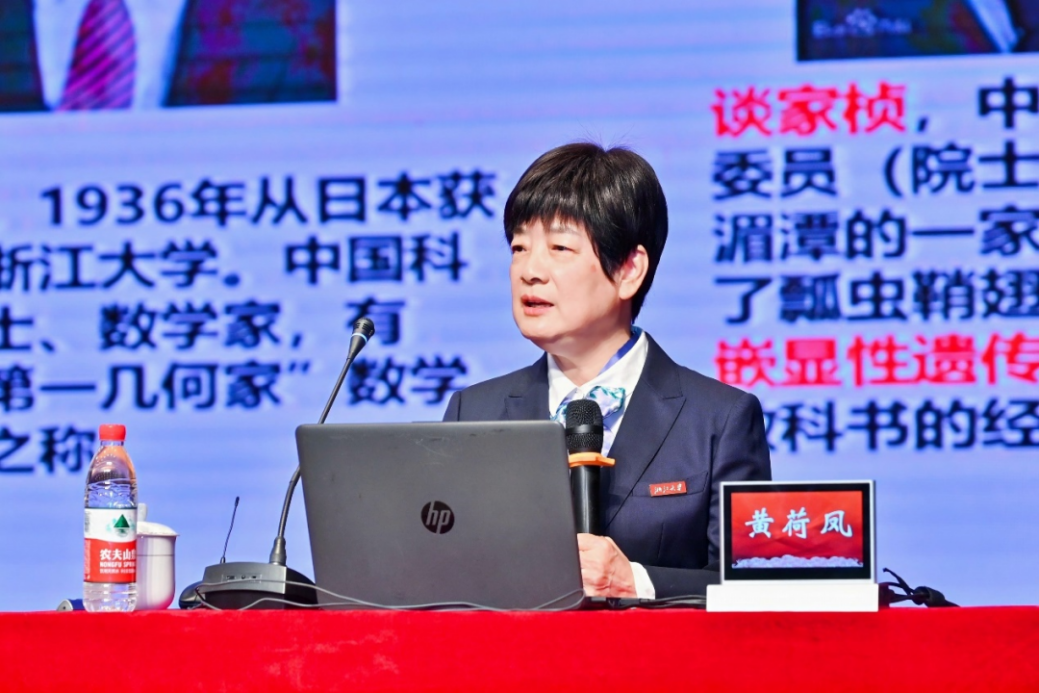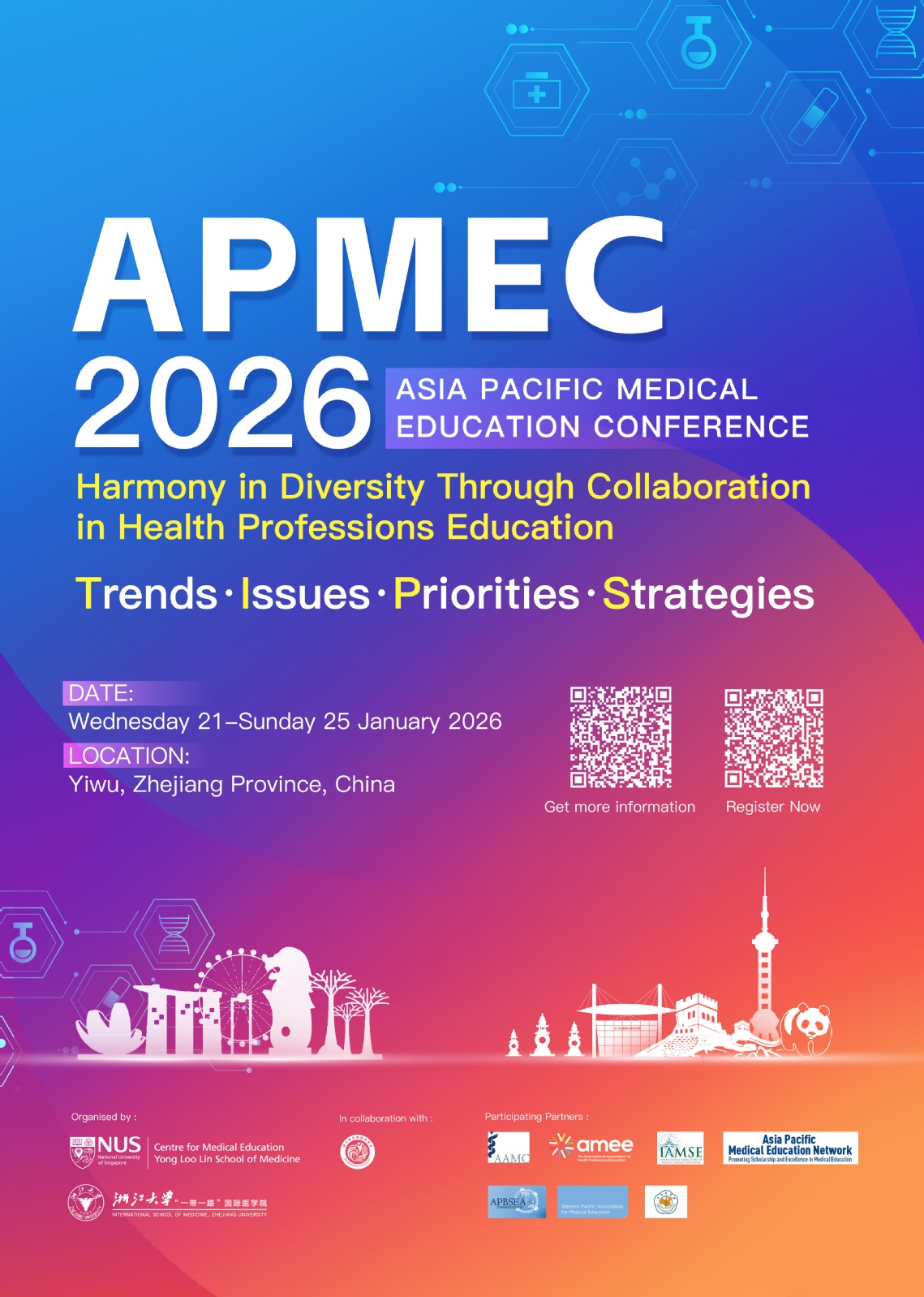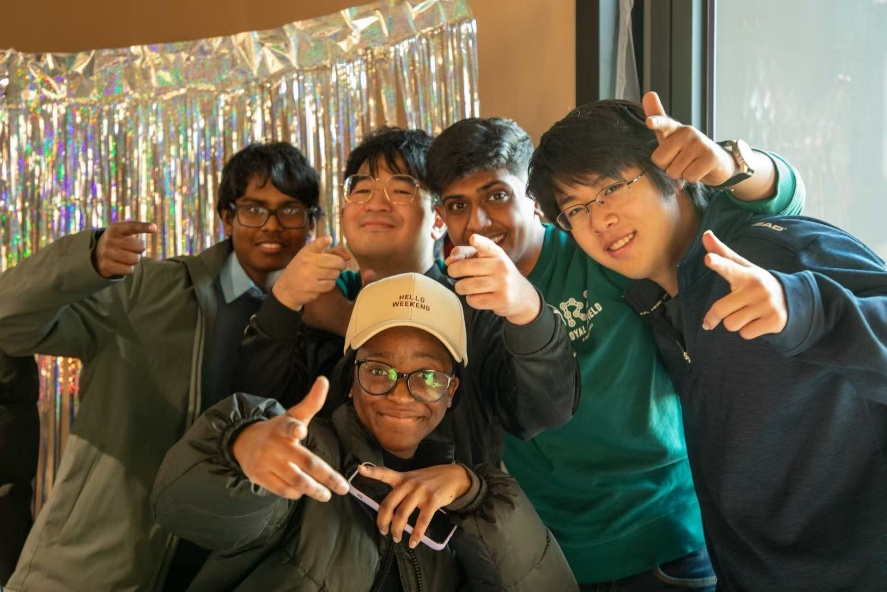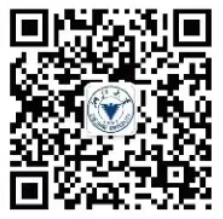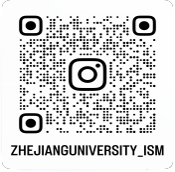On June 26th, Prof. Li Jun, who is from the School of Health Humanities at Peking University gives a lecture on “Cross-Cultural Care: Capacity Building and Personnel Training”. The event was moderated by Dr. Chen Weiying, Vice Dean of International School of Medicine, Zhejiang University. Nearly eighty clinicians, nurses and relevant faculty members attended online and offline.
Dr. Chen Weiying emphasized that Yiwu is a global city known for its small commodity market, and it attracts a large number of foreigners. Our hospital serves a large population of foreign residents, making international competency highly important. There is a significant amount of international doctor-patient communication taking place everyday. In the past week, the first International Doctors Training was successfully held in the hospital, more than 30 foreign professors, doctors and interns from 10 countries were attracted to learn how to advance their expertise in microwave ablation technology. Today, we invited Prof. Li and tailored the lecture to meet our practical needs.
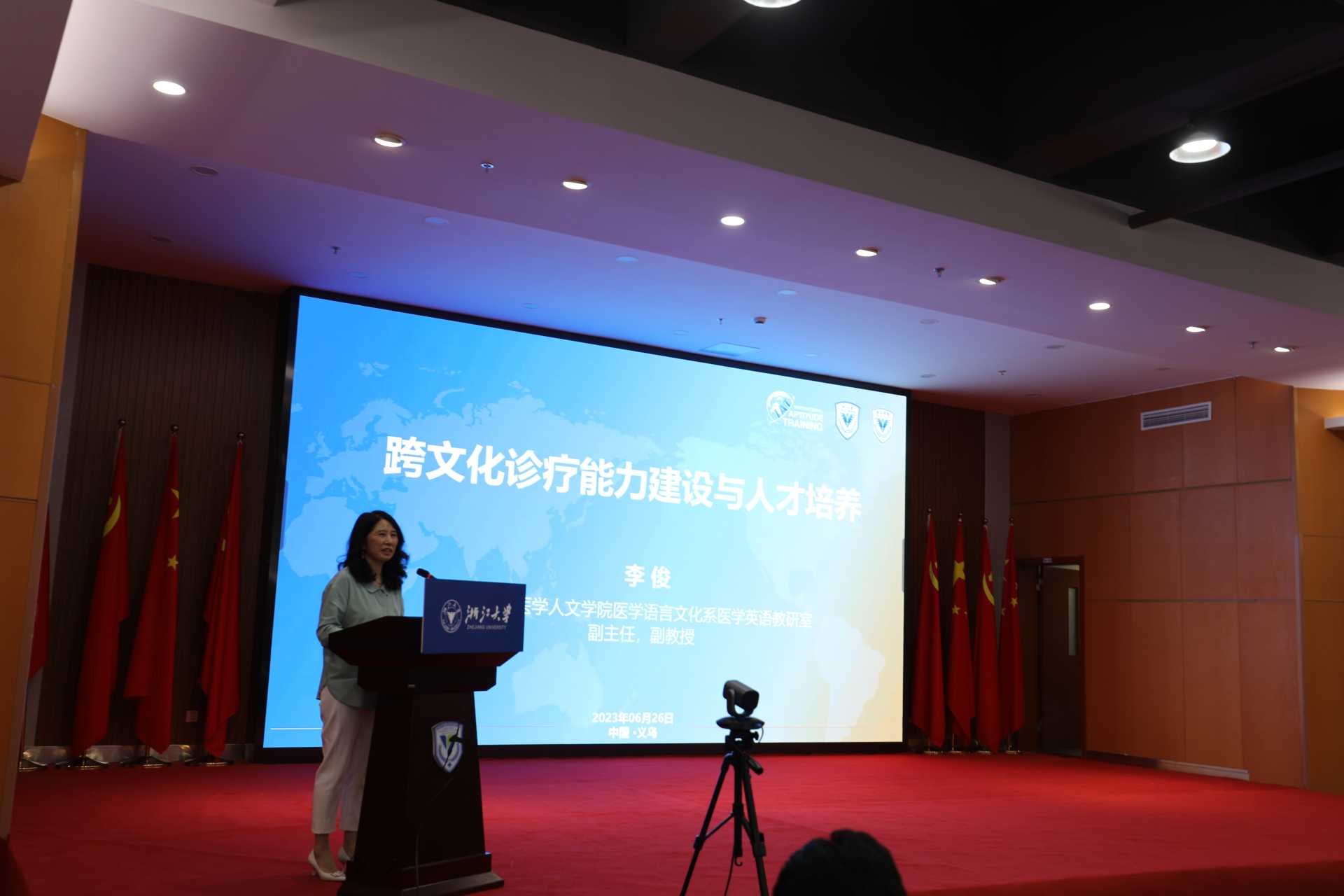
In his presentation, Professor Li Jun provided a clear and concise overview, focusing on three key aspects: cross-cultural communication between doctors and patients, cross-cultural diagnosis for Muslim patients, and the cultural competence required for capacity building.
Prof. Li began with interpreting the meaning of culture by anthropologist Tylor, who stated that culture is a complex whole which includes knowledge, belief, art, law, morals, custom, and any other capabilities and habits acquired by man as a member of society. Thereby, people in different parts of the world often have their own conceptual model of disease and along with it, how disease should be treated.
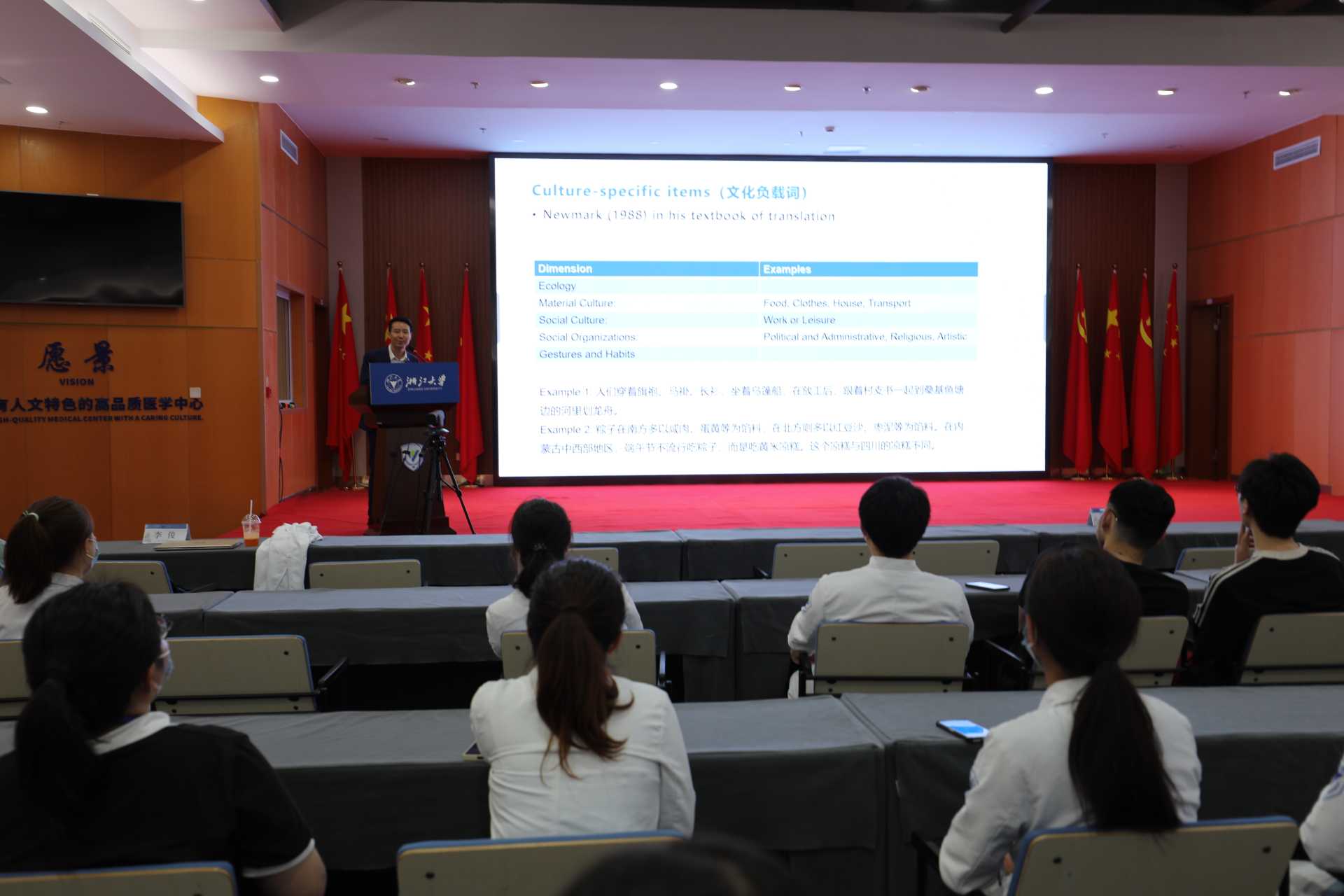
Then Prof. Li emphasized that the core of applied medical anthropology is to learn about people's beliefs and behaviors, and it is centrally important for physicians practicing across cultural boundaries. Clinicians should routinely ask patients what they think is the cause of their illness. And the the trick is how and when to ask. Appropriate communication methods can help to mitigate the cultural differences that often lead to misunderstandings in healthcare. He also underscored the significance of cultural sensitivity and respect when attending to international patients, offering valuable advice to healthcare professionals regarding appropriate diagnostic methods and techniques.
Participants actively engaged in discussions and interactive sessions, sharing their experiences and perspectives. “The lecture promotes the development of healthcare teams in a globalized environment and enhance the international competitiveness of healthcare professionals, enabling us to better meet the needs of patients from different cultural backgrounds. Through similar training sessions and lectures, we would further strengthen the cross-cultural capacities of medical teams, offering more comprehensive and personalized healthcare services to patients”, said by Dr. Fang Jiajia, Director from Comprehensive Service Center.
Written by Zuo Huali
Edited by Chen Weiying



